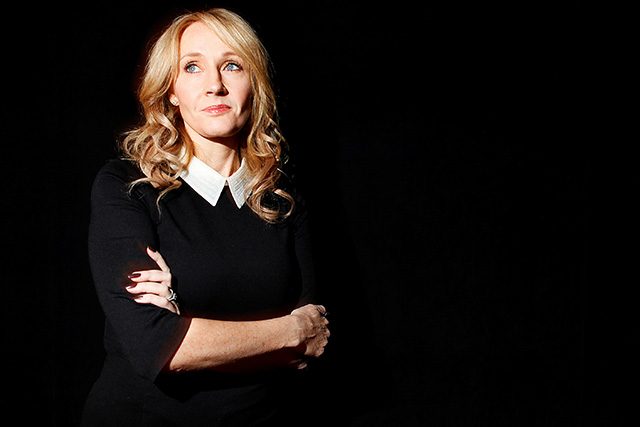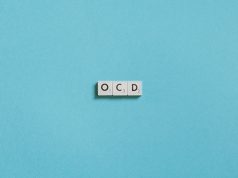
LONDON — Author J.K. Rowling defended her right to speak about trans issues without fear of abuse in an intensely personal essay in which she explained the complex reasons for her interest in the subject, revealing painful details from her past.
The Harry Potter creator has long been a target of criticism by trans activists who have taken issue with some of her social media posts. At times, the criticism has taken the form of abusive language and threats of violence.
“I know it’s time to explain myself on an issue surrounded by toxicity,” she wrote at the start of her essay, published on her website on Wednesday. She said she had no desire to add to that toxicity.
In the latest of several controversies, a post by Rowling in which she criticized the use of the phrase “people who menstruate” drew negative responses, including from Daniel Radcliffe, who played Potter in a series of films.
Rowling, 54, explained in detail her research and beliefs on trans issues, and the concerns she has about how women’s rights and some young people’s lives were being impacted by some forms of trans activism.
Some of the reasons for her interest were professional, but some were rooted in personal experience.
“I’ve wondered whether, if I’d been born 30 years later, I too might have tried to transition,” she wrote. “The allure of escaping womanhood would have been huge.”
She said that as a teenager she had struggled with severe Obsessive–Compulsive Disorder (OCD) and that she now believes that had she found community and sympathy online, she could have been persuaded to turn herself into the boy her father said he would have preferred.
Rowling also revealed that she was a survivor of domestic abuse and sexual assault, and that the trauma of those experiences informed some of her beliefs and feelings about women’s rights, and her fears that they were being eroded.
“The scars left by violence and sexual assault don’t disappear, no matter how loved you are, and no matter how much money you’ve made,” she said, offering solidarity and kinship to trans women who had died at the hands of violent men.
“I have a visceral sense of the terror in which those trans women will have spent their last seconds on earth, because I too have known moments of blind fear when I realised that the only thing keeping me alive was the shaky self-restraint of my attacker.”
‘I refuse to bow down’
Rowling said that she believed most trans people not only posed zero threat to others but were vulnerable, and that they deserved protection.
At the same time, she said, she did not want girls and women to be less safe, and she gave some examples of where she thought demands by trans people were dangerous to women.
“When you throw open the doors of bathrooms and changing rooms to any man who believes or feels he’s a woman … then you open the door to any and all men who wish to come inside.”
Describing some of the abuse she had received — including being told she was “literally killing people with your hate” and being compared with Voldemort, the villain of the Potter series, Rowling said many women were terrified by trans activists.
“I refuse to bow down to a movement that I believe is doing demonstrable harm in seeking to erode ‘woman’ as a political and biological class and offering cover to predators like few before it,” she said.
Addressing the specific issue of the use of phrases like “people who menstruate” as a way of including trans women, Rowling said such language was demeaning to many women.
“I understand why trans activists consider this language to be appropriate and kind, but for those of us who’ve had degrading slurs spat at us by violent men, it’s not neutral, it’s hostile and alienating.”
Rowling said she had not written the essay in the hope that anyone would get out a violin for her, and that she considered herself extraordinarily fortunate.
“I’ve only mentioned my past because, like every other human being on this planet, I have a complex back-story, which shapes my fears, my interests and my opinions. I never forget that inner complexity when I’m creating a fictional character and I certainly never forget it when it comes to trans people.
“All I’m asking – all I want – is for similar empathy, similar understanding, to be extended to the many millions of women whose sole crime is wanting their concerns to be heard without receiving threats and abuse.” —Reporting by Estelle Shirbon; Editing by Stephen Addison









